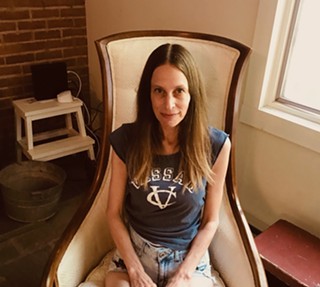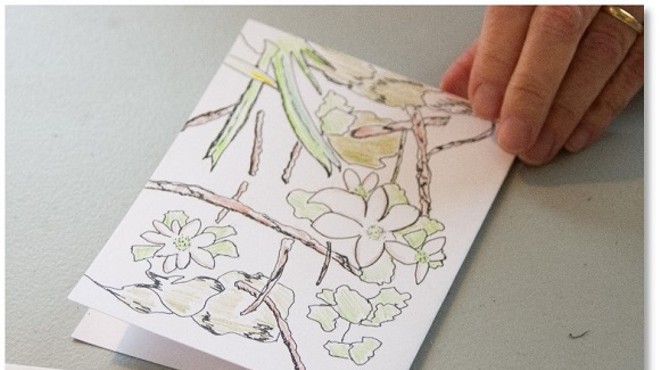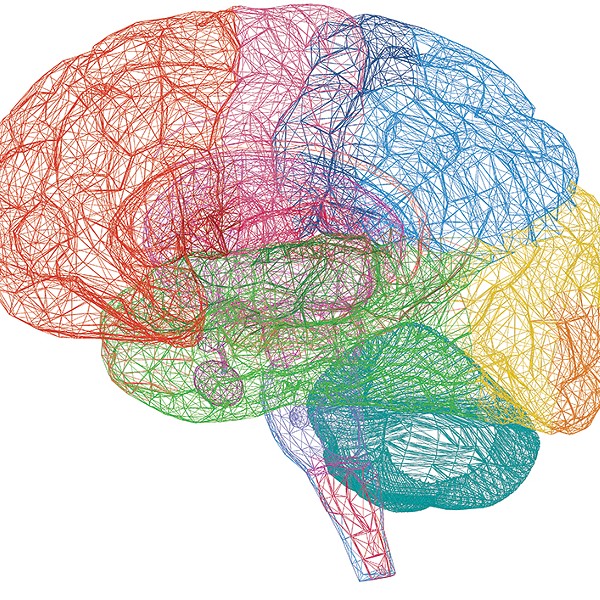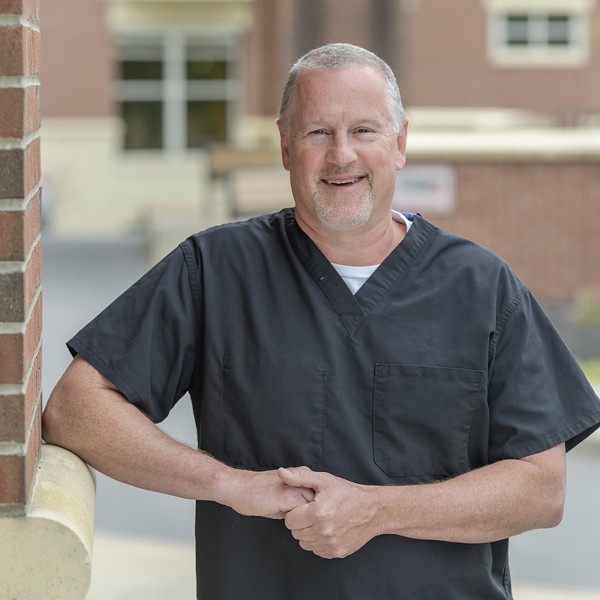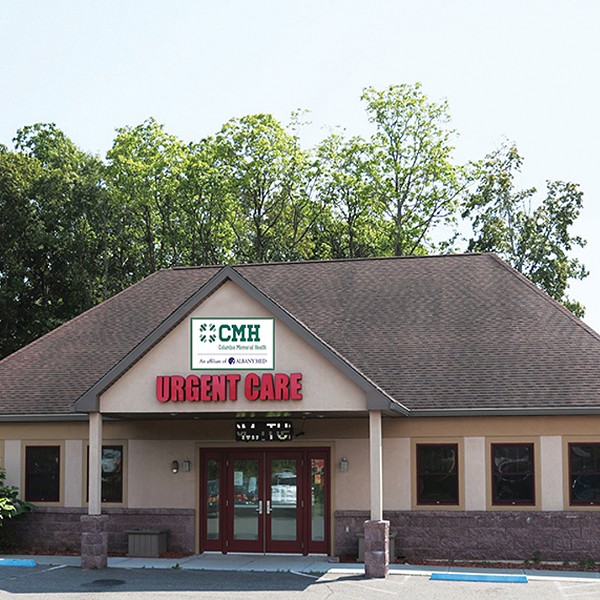Urgent care for mental health is not entirely new to the Hudson Valley—in Poughkeepsie, the Dutchess County Stabilization Center is a walk-in facility for people in crisis or distress, and it has become a valuable community resource since it opened in 2017, particularly for people with opioid use disorder. The Access centers in Newburgh and Middletown will serve a similar purpose, and what makes them unique is that they're based on a concept of care called the Living Room model. "The idea is that if you're in an agitated state and want to seek help, you don't really want to go to an institution—you want to go somewhere that feels comfortable," explains Bennett. "The one in Newburgh is in a refurbished Victorian house downtown. It's very pretty, with chrome molding and a fireplace (not working, but we'll figure out how to maybe put an electric fireplace in there). We're working on comfort first, connection after, and, if somebody is starting to feel comfortable, then engagement in the services."
Recovery, Your Way
There is an inclusive feel to a walk-in center—and inclusivity is exactly the point at Samadhi Recovery Community Outreach Center in Kingston, a new resource geared toward helping people with addictions. "This is an open door. It's a very compassionate setting where everyone is welcome to come and find out for themselves what their recovery could be," says David McNamara, Samadhi's founder and executive director. "The primary purpose of the outreach center is for people who are in the contemplation phase. They're thinking, 'Maybe I have a problem. I lost three jobs.' They're not ready to go to rehab. They're not ready to even go to a 12-step meeting. But they're ready to just talk to people and start investigating."
McNamara is a filmmaker by trade, as well as a substance abuse counselor, and he started making a film about addiction four years ago, after his son's best friend died of a heroin overdose. While working on the film, he met experts in the field of addiction treatment such as Gabor Maté, known for his studies connecting adverse childhood experiences (ACEs) and addiction, and Valerie (Vimalasara) Mason-John, co-creator of Mindfulness-Based Addiction Recovery. "I saw that there was this great paradigm shift happening in the way we treat and heal addiction," says McNamara. "I really wanted to do something not just with film but also on the ground. That was the birth of this center."
Part of the paradigm shift is an expansion away from a one-size-fits-all model (often a 12-step program) and toward multiple avenues for healing. "Everyone's journey is different. One person's recovery might include mindfulness and meditation. Another's might have yoga or qi gong. Or it might include somatic experiencing." All of these mind-body therapies, and several more, are on offer for free at Samadhi six days a week, Monday through Saturday. But the best place to start is likely one of the two recovery meetings held each day—a refuge recovery meeting (supporting abstinence) or an eight-step recovery meeting (supporting a harm-reduction model rather than total abstinence, and based on Buddhist teachings). People with any kind of addiction can find a haven here—alcohol addiction, food addiction, sex addiction.
It's important to note that Samadhi does not bill itself as a treatment clinic. Rather, it's a peer-based support center. "The easiest person to talk to is someone who has lived experience of addiction," says McNamara. "A recovery peer advocate is someone who has that experience. They go through a certification process to become a recovery coach or a peer advocate so that they can help other people find their own recovery by presenting multiple pathways." McNamara himself has that experience—he dealt with a cocaine and alcohol addiction for over 20 years before becoming sober just over a decade ago. After spending many years trying to recover and relapsing multiple times, he turned to his longtime practice of Zen Buddhism for wisdom. He also dug deep into his own past to find the trauma behind his addiction—a forgotten experience of childhood abuse.
"The core of what we do is help people to begin to look at the underlying causes of their addiction," says McNamara. "A lot of people will say at first that they don't have any trauma and nothing happened to them. Over time, people will start to realize that there is something. Sometimes it's subtle. Your parents were both busy with their careers and they didn't have time to give you enough attention. Or your mother had postpartum depression after you were born. In my own experience of my recovery, until you address the core pain and underlying causes, [the addiction] won't ever go away. It will continue to keep spouting up in different ways."







